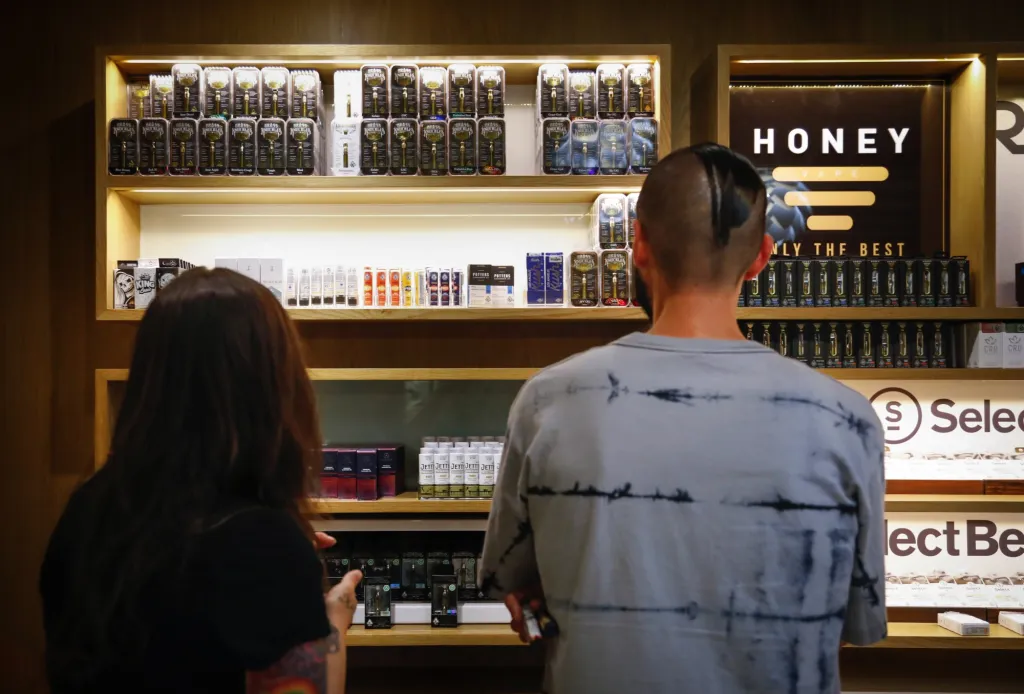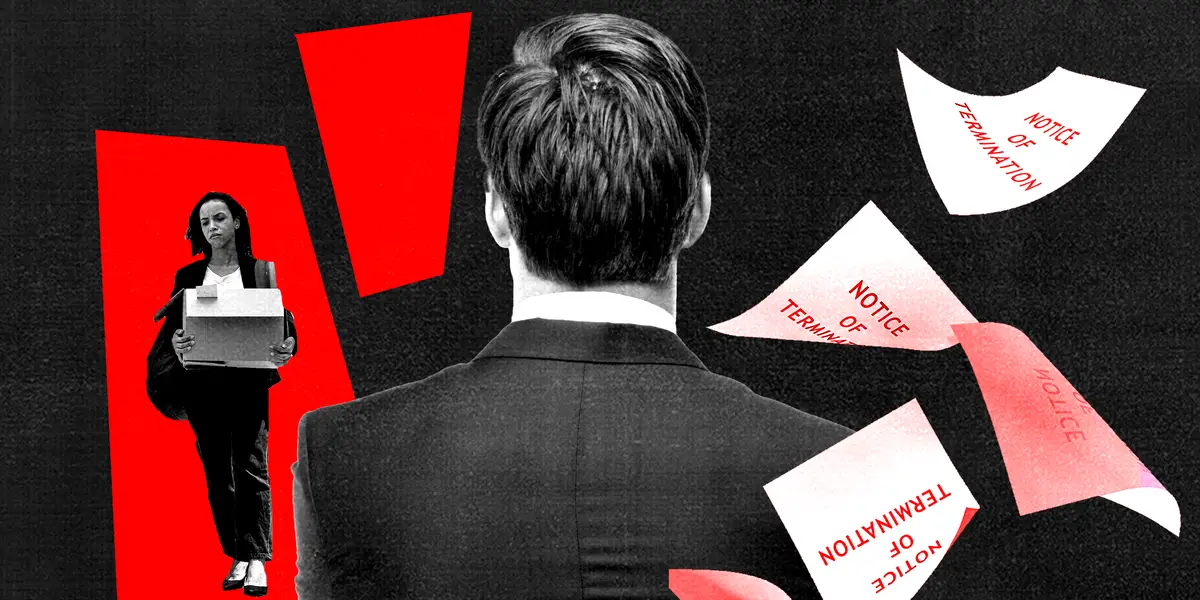Copyright San Diego Union-Tribune

A new proposal would give San Diego more tools to crack down on illegal cannabis delivery services, which officials blame for worsening budget deficits by hurting legal dispensaries’ business and costing the city tax revenue. The proposed policy changes would make enforcement more rigorous by raising the penalties for any illegal cannabis activity in San Diego and strengthen the ability of legal dispensaries to sue illegal operators and recover damages. San Diego would also seek more aggressively to regulate delivery services from outside the city by requiring them to get a new kind of permit and disclose detailed information about their operations in San Diego. While the new permit wouldn’t affect delivery services operating completely outside the law, industry officials say a big part of the problem is legal delivery services from areas outside the area operating in San Diego but declining to pay local taxes. The expanded power for civil action could help dispensaries fight back against the type of rival operation that an Otay Mesa dispensary faced earlier this year — a nearby tent selling cannabis without any permits whatsoever. It would grant permitted city dispensaries the power to use a legal maneuver called a private right of action, which would give them a stronger basis in court to argue they’ve been financially harmed by someone violating a city ordinance or the city’s municipal code. The proposed policy says the city would split any damages awarded in such cases with the business that sued, with the city keeping 75% and the business keeping 25%. The proposal, which the City Council’s economic development committee is scheduled to discuss Wednesday, comes as the city’s cannabis tax revenue continues to slump. An increase in the city’s cannabis tax in May from 8% to 10% was projected to generate $650,000 before the end of the fiscal year on June 30. Instead it generated only generated $200,000. That raises doubts about the city’s estimate — in the budget for the ongoing fiscal year — that the hike will raise cannabis tax revenue by nearly $4 million. Cannabis tax revenue in San Diego has been declining steadily, from $18.9 million in fiscal year 2023 to $17.2 during fiscal 2024 and $16.7 million in fiscal 2025. City and industry officials blame illegal operations and a glut of supply in California. Phil Rath, who represents a coalition of local dispensary owners, said the new policy would be a step in the right direction. He said the penalties and the new permits could help level the playing field between legal city dispensaries and outside operators, many of which might be violating city rules. But Rath said local dispensary owners remain hopeful that the San Diego Police Department or the city’s code enforcement division will step up more traditional enforcement of illegal cannabis activity. In a staff report describing the proposed new policy, city officials seem to indicate that isn’t part of their plans. “Illicit delivery services are difficult to enforce proactively, as many of these operators are mobile and based outside of the city’s jurisdiction,” the report says. The proposal, which is being spearheaded by Councilmember Raul Campillo, would raise penalties for illegal cannabis activity to $20,000 per day — up to a maximum of $800,000. It would also require delivery services from out of town that operate in San Diego to obtain a new kind of city permit created especially for them. Those businesses now rely on state law to operate in San Diego. State law says permitted cannabis businesses in California can deliver anywhere in the state as long as they get a business license in each city or county where they deliver. But because San Diego doesn’t require them to get a special permit, they don’t have to disclose details like how many deliveries they make in San Diego and where those deliveries take place. That information could reveal violations of a state law limiting how much cannabis a delivery vehicle can carry. Rath said it’s suspicious that at least one delivery service from Orange County guarantees one-hour deliveries to San Diego, raising the possibility that the service has cars roaming down here and filled with cannabis. If delivery cars are following state law and making deliveries only in response to orders — similar to pizza delivery — Rath said they wouldn’t be able to fulfill the one-hour guarantee. The policy’s expansion of the power to sue illegal operators could also help. But Lance Rogers, an attorney representing the Otay Mesa dispensary, said it’s not appropriate to force small businesses to fight illegal operations with potentially expensive lawsuits. “Businesses aren’t the best equipped to enforce the law,” Rogers said. Rogers already sued the city to compel them to shut down the tent illegally selling cannabis, which was later replaced by a sturdier shed. He said Monday that police eventually shut down the shed about a month ago, after five months of operation. A police spokesperson said in August that the situation was more complicated than police simply swooping in and shutting down the illegal business, saying elements of the municipal code needed to be lined up carefully. The proposed new policy is based on similar moves made by other cities, including Los Angeles, Oakland, Ventura and Long Beach.



